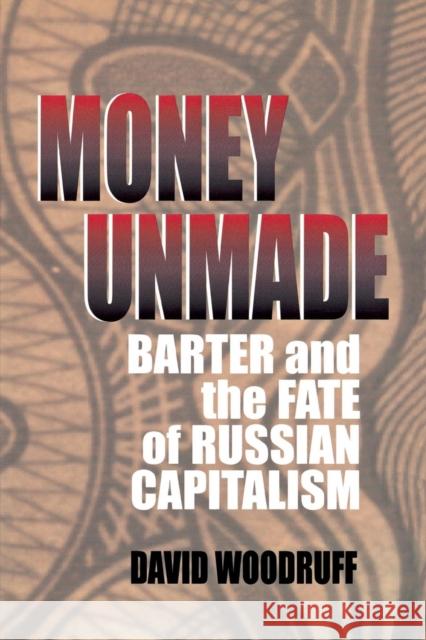Money Unmade: Barter and the Fate of Russian Capitalism » książka
Money Unmade: Barter and the Fate of Russian Capitalism
ISBN-13: 9780801436604 / Angielski / Twarda / 1999 / 248 str.
Money Unmade: Barter and the Fate of Russian Capitalism
ISBN-13: 9780801436604 / Angielski / Twarda / 1999 / 248 str.
(netto: 251,88 VAT: 5%)
Najniższa cena z 30 dni: 247,88
ok. 30 dni roboczych.
Darmowa dostawa!
Drawing on a vast array of empirical evidence, Woodruff shows how the widespread use of barter arose as local authorities tried to protect industry against the destructive effects of price increases and crude tax and accounting systems. As businesses fled or were driven from the money economy, provincial governments invented new ways to tax in kind and issued substitutes for the ruble. In turn, the federal authorities, unable to coerce firms either to operate in the money economy or to abandon business altogether, were forced to make accommodations to barter and to ruble alternatives. Woodruff describes the enormous fiscal difficulties that resulted and recounts the intense political battles over attempts to address the problem.











